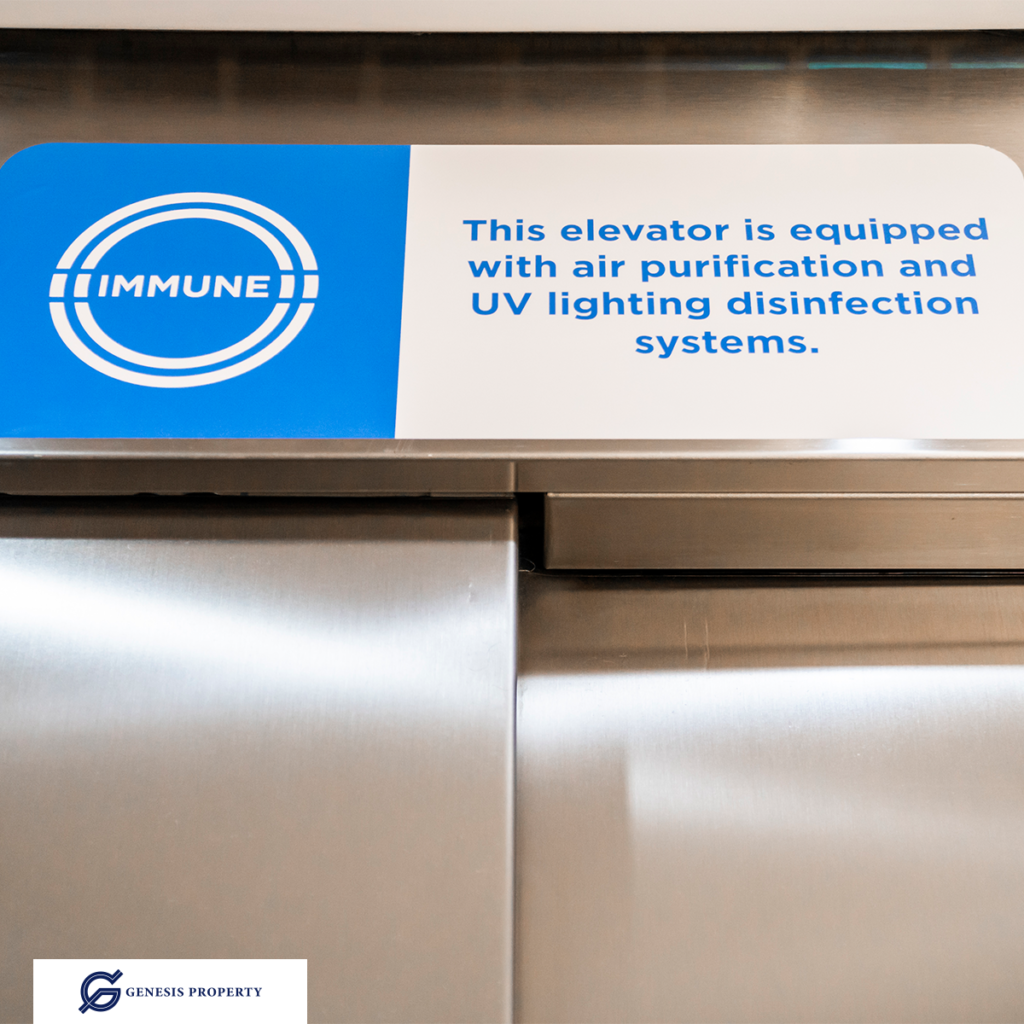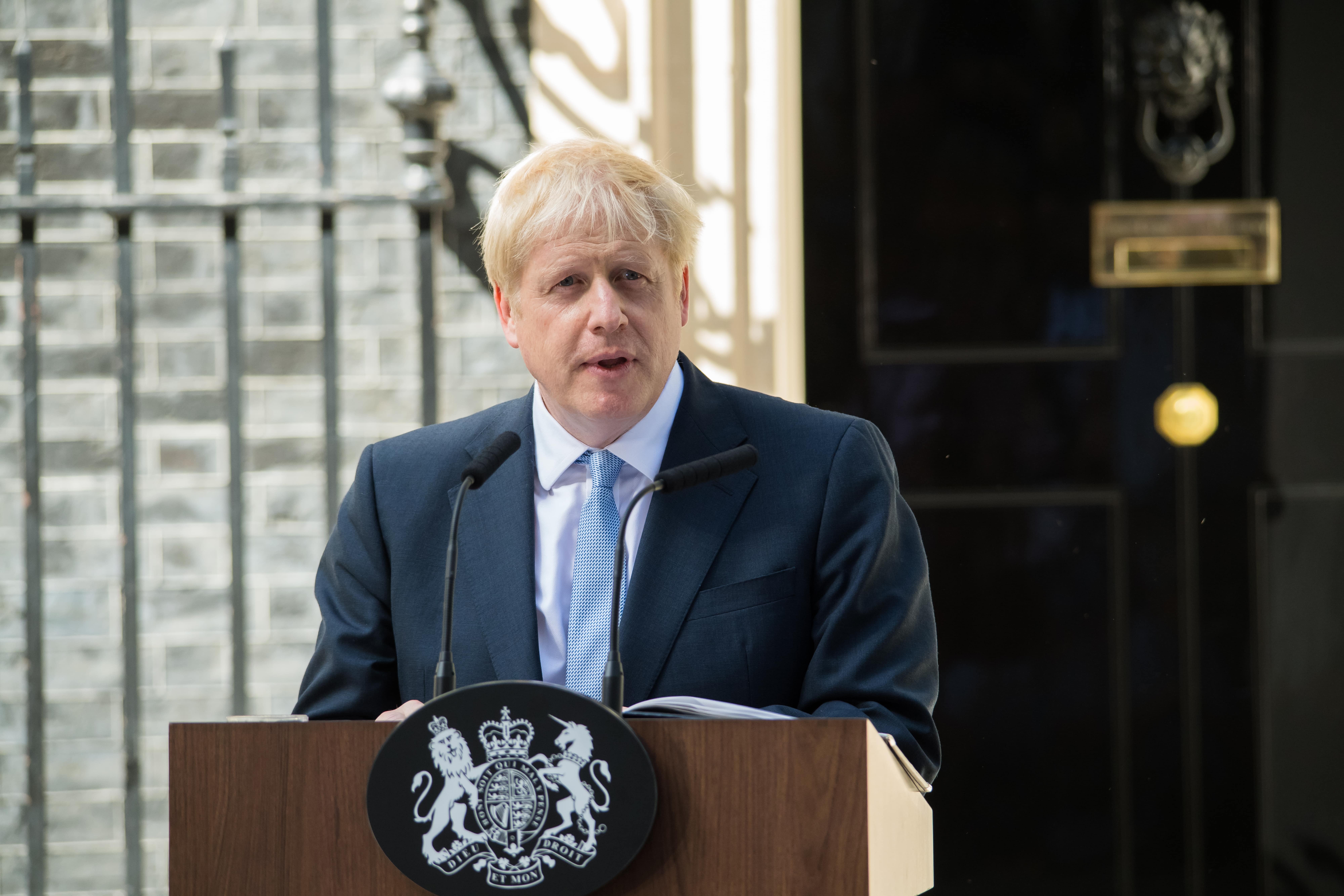Features -
Real Estate Must Move with the Times

During the height of the first COVID-19 global lockdown in 2020, President of the European Property Federation and Founder of Genesis Property, Liviu Tudor, took action by launching the IMMUNE Building StandardTM as a means of providing building operators with the tools and knowledge to reintegrate workforces back to the office, whilst placing their comfortability and wellbeing at the fore of the agenda. Inspired by technologies and procedures successfully applied in hospitals and “clean rooms”, the Standard convenes an assessment of 130+ recommended measures for buildings to implement, including architectural engineering, technology, design and more, followed by a third-party assessment to provide the property with an IMMUNE label (3*, 4*, 5*). Over a year on, as the world’s first ‘Resilient’ (5*) rated building is unveiled, Mr Tudor tells UK Construction Online that the commercial and corporate real estate sector must fast adapt to the challenges posed by the threat of the current and future pandemics, for the sake of the economy, business productivity and the personal development of employees.
Reports emerged in June 2021 that the UK government was considering a proposed law change which would prevent businesses from a mandatory recall to office premises unless deemed unavoidably ‘essential’. Such legislation, which is reportedly being proposed for review later this year, would see millions of office staff granted a ‘default’ right to work from home beyond the pandemic lockdowns – breeding a permanent ‘hybrid working’ model in the UK.
This news has been met with serious concerns by business leaders who fear the repercussions of a permanent work from home culture with regards to productivity levels and employee development. In addition, concerns have been raised over the collateral impact to city economies – not least the hospitality industry which thrives off a buzzing city work culture. Hybrid working entails less commuting and significantly less consumers in urban cores. It is estimated that working from home will slash spending in city restaurants, movie theatres, barbershops and other retailers by up to 10% when compared to pre-pandemic times. Public transit authorities can also expect lasting craters in revenue collection.
The consensus amongst corporate bosses is that, though initially necessary against the backdrop of the global COVID-19 spikes in 2020 and 2021, returning to the office is crucial for employee development, connectivity, creativity and productivity. This, coupled with the absolute necessity for the hospitality sector to welcome guests back to physical premises on a pre-pandemic scale, drives the notion that business leaders and property owners must redesign their infrastructure to combat the most pressing fears, concerns and challenges posed by the pandemic.
Putting the media-reported proposal for potential work from home legislation aside, it is still not as simple for property owners and business leaders to recall their workforces and tenants to buildings without taking into full consideration their concerns and anxieties on the back of a huge global health crisis of this nature.
Despite the vaccination drive proving to be vastly successful in the UK to date, there are still understandably fears amongst the public about the threats of contracting COVID-19 when reintegrating into busy offices and hospitality venues. These concerns must remain paramount to an employers and business leader’s priority, seeing as the physical and mental wellbeing of employees and customers are the nucleus to a successful business. The answer is not to force workforces back to the office without having an understanding for their feelings, but instead to implement measures which ease said worries and better equip the commercial and real estate sector against the threat of current and future pandemics and demonstrating these measures to the stakeholders returning there.
The IMMUNE Building StandardTM is based on a research and development project led by experts in medical fields, architecture and engineering and outlines a set of measures, technical solutions and facility management practices to help building managers to monitor, communicate and adjust their indoor premises. Buildings are then scored by an assessor for their level of compliance against the Standard and given one of three labels; Strong (3*), Powerful (4*) and Resilient (5) to certify how built environments can withstand present and future health challenges (e.g. the seasonal flu) and minimize the impact of a pandemic such as COVID-19 and other bacteriological or toxicological threats.
Examples of measures within the Standard includes having an IMMUNE Steward on site, an IMMUNE warehouse, air quality sensors, air treatment surface disinfection technology, air purification and UV lighting disinfection in elevators, digital twin displays, self-cleaning and handsfree door opening systems, self-cleaning elevator buttons and more. Much of the Standard focuses on making regular touchpoints more resilient against the threat of pathogen transmission. We believe that having this kind of infrastructure is not just a COVID-19 measure but a measure for the future which will ensure buildings around the world are much better equipped to deal with these kinds of threats.
Building H3 in the West Gate Business District, Romania, fully occupied by Ericsson, earned the IMMUNETM – Resilient label, becoming the world’s first building to achieve the highest certification level of the IMMUNE Building StandardTM. There has been an uptake in the IMMUNETM criteria across Europe, including the UK, Asia and America to date.
Since people are spending up to 90% of their time indoors, the need to redesign and reengineer the built environments, mainly responsible for our health, becomes more and more articulated. Just as we take care of our own immune system and constantly seek to boost it, there is a need for solutions to improve the immunity of the buildings in which we spend most of our time in and to prepare them for the new normality. This is how the IMMUNE™ concept was created, with the mission to boost the immunity of the built environment and design the healthy spaces in which we will work, live or socialize in the future.
If you would like to read more stories like this, then please click here






